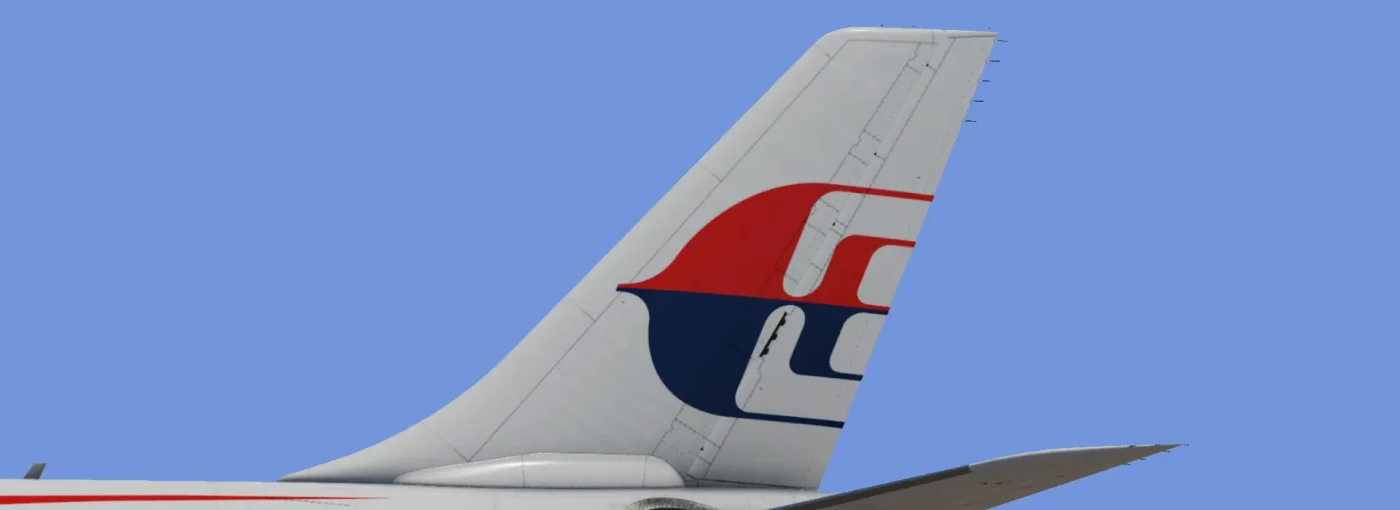In a move to streamline passenger processing and reduce check-in errors, Malaysia Airlines and AirAsia have introduced updated guidelines for name entry during flight bookings. Announced on June 12, 2025, from Petaling Jaya, the changes aim to align booking formats with those used in Malaysian passports and adhere to international industry standards. The revisions address long-standing issues faced by travelers with non-conventional name formats, particularly those unique to cultural naming conventions across Southeast Asia.
Addressing Name Discrepancies
The updated rules focus on ensuring that passenger names match exactly with those on official travel documents such as passports, visas, or national identification cards. Malaysia Airlines and AirAsia have introduced specific instructions for filling out names that include cultural elements like “bin,” “binti,” or “anak,” commonly used in Malaysian naming conventions. For example, a name like Ahmad Faliq bin Hamedi should be entered with “Ahmad Faliq” in the First and Middle Name fields and “Bin Hamedi” in the Last Name/Surname field.
AirAsia has also adopted a clear distinction between ‘Given Name’ and ‘Family Name/Surname’ to accommodate a broader range of naming conventions across Malaysian, Chinese, Indian, Filipino, Thai, and Vietnamese cultures. The airline further clarified that its booking system does not accept symbols, special characters, or overly long names. Passengers are advised to remove symbols like ‘@’ or replace hyphens with spaces, and to omit prefixes like ‘A/P’ or ‘A/L’ unless they appear in the passport’s name section.
“If your name contains ‘A/P’ or ‘A/L’, please omit it unless it appears in the ‘Name’ section of your passport” advised AirAsia in its updated guidelines. The airline also emphasized that name changes to another person are not permitted after a booking is confirmed, though corrections for misspellings or errors may be allowed in certain cases.
Passenger Reactions and Concerns
While the airlines assert that these changes will minimize errors and improve the travel experience, some passengers remain uncertain about the implications for existing bookings. Faridah Joned, a businesswoman scheduled to travel to Europe next week via Malaysia Airlines, expressed concern over whether her current booking, which does not include “binti” as per the new guidelines, would pose issues at check-in. “I have already purchased the tickets, and this is new to me. I hope there won’t be any issues when I check in for my flight next week” she said.
Another passenger, who preferred to be identified only as Tan, shared a more optimistic view regarding his AirAsia booking. “I am not so worried about this as I still have time to make changes online” he noted, though he urged airlines to improve communication about such updates. “I hope if there are any such changes in the future, it should be made clearer, and the airline should email us on such updates” he added.
Broader Implications for Travelers
The revised name entry rules reflect a growing need for airlines to adapt to diverse cultural naming practices, particularly in a region as varied as Southeast Asia. Malaysia, with its multi-ethnic population, often sees naming conventions that differ significantly from Western formats, leading to frequent discrepancies during international travel. By aligning booking systems with passport formats, Malaysia Airlines and AirAsia aim to reduce delays and denials at check-in counters, a common frustration for travelers with complex or non-standard names.
Industry experts suggest that these changes could set a precedent for other regional carriers. With international travel resuming at pre-pandemic levels, airlines face increasing pressure to standardize processes while remaining sensitive to cultural nuances. The updates also come at a time when digital transformation in the aviation sector is accelerating, with automated systems requiring greater precision in data entry to function effectively.
Practical Steps for Passengers
Both airlines have provided resources to assist passengers in navigating the new rules. Malaysia Airlines directs travelers to its official website at www.malaysiaairlines.com for detailed booking guides, while AirAsia offers support through its help center at support.airasia.com, with the latest update on name entry procedures posted on May 30, 2025. Passengers are strongly encouraged to double-check their booking details before finalizing reservations to avoid complications.
The emphasis on accuracy extends beyond cultural naming conventions to include general formatting errors. AirAsia’s reminder that name corrections are permitted only under specific circumstances underscores the importance of attention to detail at the booking stage. For passengers like Faridah Joned, who are uncertain about existing reservations, reaching out to customer service channels for clarification may be the best course of action.
Looking Ahead
As Malaysia Airlines and AirAsia roll out these updated guidelines, the effectiveness of the changes will likely become clearer in the coming months. While the intention is to simplify travel and reduce errors, the transition period may present challenges for some passengers, particularly those unaware of the new rules or unable to make immediate adjustments to bookings. For now, the onus is on travelers to familiarize themselves with the guidelines, while airlines must ensure robust communication to prevent confusion at check-in counters across the region.
















